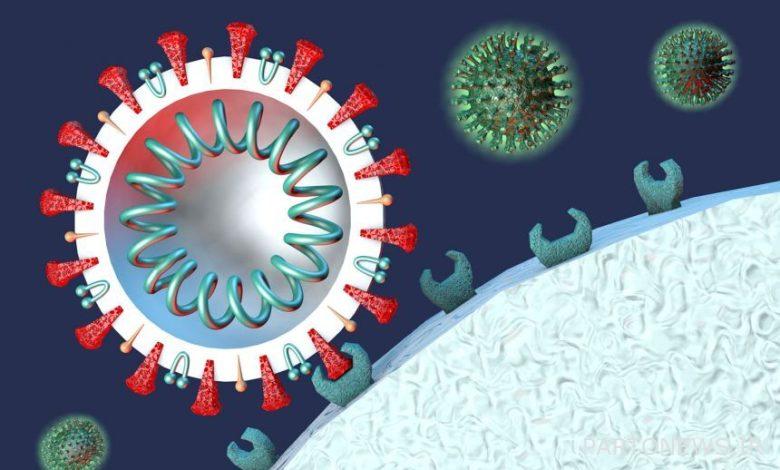World Health Organization: The omicron strain has been identified in 38 countries

Maria Van Karkhov, a World Health Organization official, told a news conference on Saturday that the organization had seen “increasing growth rates” and increased detection of Omicron strains, IRNA reported Saturday.
He added: “It is said that the contagion rate of this strain has increased. What we need to know is whether it is more contagious than the delta strain.”
Karkhov also noted that the delta strain of the corona virus is still prevalent worldwide.
“It is not clear whether the new strain will cause more severe illness,” he explained. Early reports from South Africa show that many patients experience mild symptoms. The first cases of omicron strain have been reported among a group of students, and younger people experience milder symptoms than older people.
A prominent South African doctor told news agencies this week that the symptoms of omicron were unusual but “very mild”.
Meanwhile, World Health Organization senior scientist Sumia Swaminathan said people should not be intimidated by the new Omicron strain and it was too early to comment on the need to change vaccines.
Mike Ryan, director of emergency management at the World Health Organization, said there was still no evidence that vaccines could be modified and adapted to omicrone, and that there were currently very effective vaccines.
“We need to focus on a more equitable distribution of vaccines,” he said. We need to focus on vaccinating people who are most at risk.
Omicron strains have been identified in Asia, Africa, the Americas, the Middle East and Europe, and cases have been reported in seven of South Africa’s nine provinces. This strain was first reported in South Africa.
According to IRNA, with the rapid spread of omicron in different parts of the world, restrictive measures against this new type of corona were started by the governments of the countries and deepened the fear of another deadly wave of infections and showed that the almost two-year battle against this disease is over. Has not been.
While some European governments have quickly reintroduced tough measures, including forcing the use of masks and maintaining social distance,
The new corona strain has spread to southern Africa, where only seven percent of Africa’s 1.2 billion people have been vaccinated.
The African continent needs about 1.5 billion doses of vaccine to immunize 60 percent of its population and achieve a level of immunity to the corona virus. So far, the continent has received just over 400 million doses.
Last month, the United Nations and the World Health Organization (WHO) criticized the use of the booster vaccine (the third dose) in rich countries, saying it would reduce the access of poorer countries to the vaccine.
.

